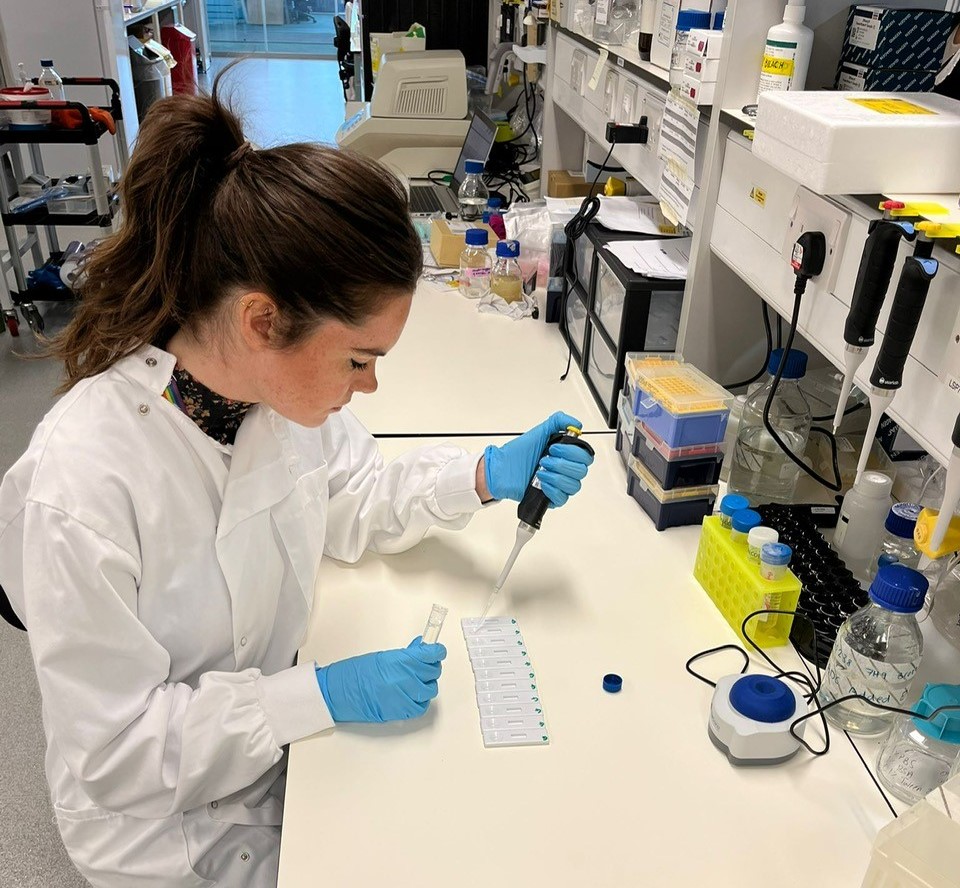Funding awarded to counter emerging infections
January 22, 2025

A new collaboration between The Pandemic Institute (TPI) and the Defence Science and Technology Laboratory (Dstl), is set to fund vital research into emerging infectious diseases. The initiative will bring together researchers from both organisations with the aim of strengthening the UK’s ability to detect, understand and combat known and emerging pathogens. The collaboration will…

The Pandemic Institute (TPI) recently awarded funding across the partnership to employ key research or technical staff to carry out a range of pandemic preparedness projects and be ready to pivot to respond rapidly against any new threat that arises. In this post, Dr Caitlin Thompson shares her research to date, and plans for the…